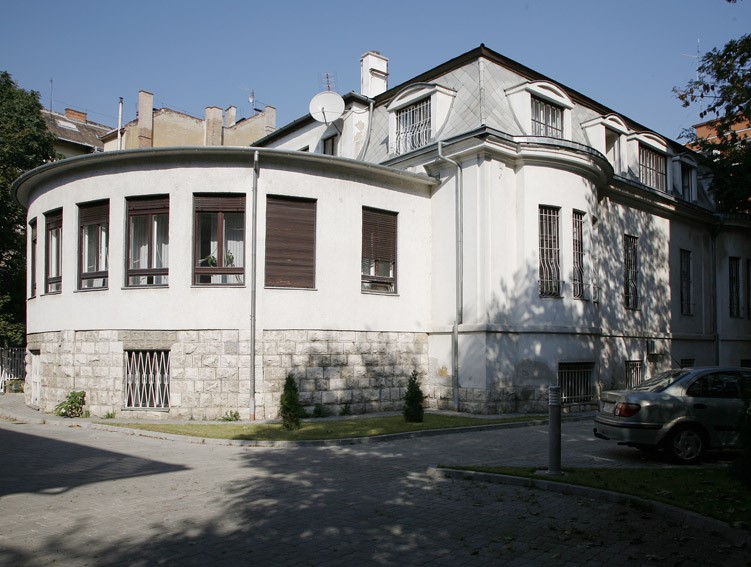Criminology is the integrated, multidisciplinary study of the causes, predictions, and control of crime and other harmful behaviour constituting a breach of societal norms at a local, national, or international level. Criminology is guided by a commitment to human rights, democracy and equality.
Criminological study includes, but is not limited to the following:
- The character of crime and other harmful behaviour that breaches societal norms, such as its extent and the nature of variations in the distribution of such behaviour.
- The causes of crime and other harmful behaviour that breaches societal norms, as well as of law-abiding behaviour, from the individual to the structural levels.
- The politics of crime control including processes of criminalization, decriminalization, and other political processes related to punishment, treatment and other measures associated with the prevention of crime and responses to crime and other harmful behaviour that breaches societal norms.
- The criminal justice system, including the work of policing, prosecution, defence, courts, prison, community supervision, other correctional efforts, and alternatives to criminal justice.
- Other societal institutions, groups, processes, and programs that work with crime-related questions, including the prevention of crime and the prevention of injustice.
- Victimology, including the study of victimization processes and societal efforts to provide reconciliation, redress and assistance to the victims of crime and of other harmful behaviour.




